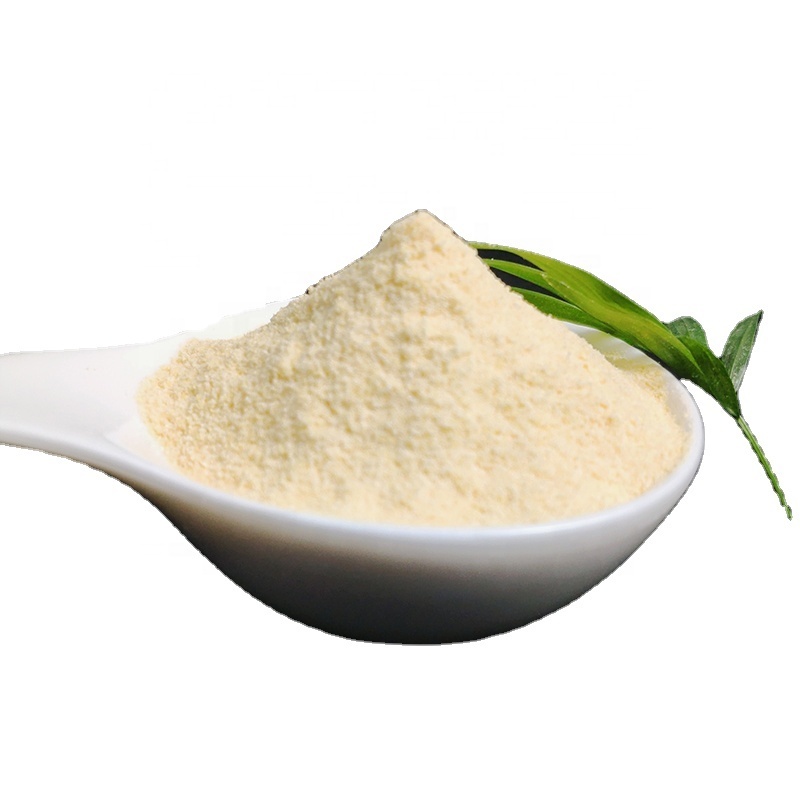-
Categories
-
Pharmaceutical Intermediates
-
Active Pharmaceutical Ingredients
-
Food Additives
- Industrial Coatings
- Agrochemicals
- Dyes and Pigments
- Surfactant
- Flavors and Fragrances
- Chemical Reagents
- Catalyst and Auxiliary
- Natural Products
- Inorganic Chemistry
-
Organic Chemistry
-
Biochemical Engineering
- Analytical Chemistry
-
Cosmetic Ingredient
- Water Treatment Chemical
-
Pharmaceutical Intermediates
Promotion
ECHEMI Mall
Wholesale
Weekly Price
Exhibition
News
-
Trade Service
On March 11, US inflation hit a 40-year high, while the two benchmark international oil prices also paused their surge and both fell below $110 per barrel, which caused further concern
in the market.
After announcing that it would stop importing Russian crude oil, the United States urged OPEC to increase production, but was rejected by Saudi Arabia and the United Arab Emirates, OPEC made it clear that Russian crude oil accounts for 10% of the global crude oil supply, and no one can play a substitute role
at present.
OPEC was unable to fill the vacancy
OPEC Secretary-General Mohamed Barkindo warned that no country in the world has the capacity to replace Russia's
7 million b/d exports.
"OPEC cannot control the events that led to the rise in global oil prices, the point is that there is not enough global capacity to replace Russian supplies
.
" He said
.
Barkindo said frankly that OPEC has "more than enough energy" to fill Russian crude oil supplies, and although OPEC is committed to maintaining market stability, it is not able to make up for the loss
of Russia-related production capacity.
"If you include petroleum products, Russia's production capacity may even be as high as 8 million barrels per day
.
"
As the sanctions imposed on Russia by Western countries, led by the United States, extend to crude oil, natural gas and petroleum products, there is an expectation
that "crude oil supply will be tighter" in the market.
Energy information agency EnergyAspects pointed out that there is almost no spare crude oil capacity in the world, only Saudi Arabia has the ability to significantly increase production, and even if OPEC increases production, the impact on the crude oil market is very limited
.
The scale of the production reduction alliance is limited
However, for now, the OPEC+ production reduction coalition still maintains a modest production increase plan
of 400,000 b/d.
According to the latest S&P Global Commodity Watch survey, OPEC+ crude oil production in February has reached the largest increase in seven months, with OPEC production increasing by 480,000 b/d to 28.
67 million b/d and non-OPEC producers increasing production by 80,000 b/d to 14.
07 million b/d
.
However, according to the International Energy Agency (IEA), OPEC+ total production in January was 900,000 b/d below target, and although total production increased in February, it still did not complete the actual production increase quota, and most of the increase came from those members that are not subject to the production quota, such as Iran, Libya and Venezuela
.
To add insult to injury, all three countries face significant challenges to their oil industries, with Iran and Venezuela continuing to be sanctioned by Western countries such as the United States, while political instability in Libya has been a drag on development and production activities, and subsequent production increases may be unsustainable
.
U.
S.
urging to increase production was rejected
In this context, the United States has constantly shouted to Saudi Arabia and the United Arab Emirates to increase production, but so far it has not succeeded
.
According to the Wall Street Journal, Saudi Crown Prince Mohammed bin Salman and UAE Crown Prince Sheikh Mohammed bin Zayed Al Nahyan even refused to speak by phone
with US President Joe Biden.
It is understood that previously, the UAE ambassador to the United States, Yousefal-Otaiba, had publicly agreed to increase production and said that he would bring the proposal to OPEC for consideration, but this was immediately denied by the UAE
.
UAE Energy Minister Suhail Al Mazrouei said on March 10 that the UAE remains committed to the current OPEC+ monthly production adjustment mechanism
.
In addition, the United States began to seek to renew discussions with Venezuela on crude oil exports, hoping to bring Iranian crude back to the international market
by reviving the Iranian nuclear agreement.
The IEA has also promised to release more emergency reserves
if necessary.
Opinions on oil price trends are mixed
Affected by the news that the Russian-Ukrainian negotiations are advancing and the IEA may release more reserves, international oil prices began to fall
on March 9.
On March 9, the price of Brent crude oil fell from nearly $140 / barrel to about $111 / barrel, and the price of U.
S.
WTI fell back to around $108 / barrel; On March 10, Brent crude fell to $109.
02 per barrel intraday, while U.
S.
WTI oil closed at $106.
71 per barrel
.
Despite the strong growth in energy demand, the industry has mixed views on the trend of oil prices, among which Richtech Energy made the boldest prediction: Brent crude oil prices are expected to rise to $240 per barrel
as Russian crude oil is kept out of the market.
Wall Street investment banks are relatively conservative, with Citi expecting Brent crude prices to fall back to the $70/barrel range by the end of the year
.
Citi's bearish oil prices are mainly due to the return of Iranian crude oil to the market and the continued increase in US shale oil production
.
Citi expects Iran's crude oil production to increase by 500,000 b/d by May and another 800,000 b/d by the end of the year, reaching 2018 production levels by early 2023
.
At the same time, U.
S.
shale oil production is expected to grow by 1 million b/d this year, while there will be a seasonal decline in energy demand through the fourth quarter, which will help
oil prices "cool".







